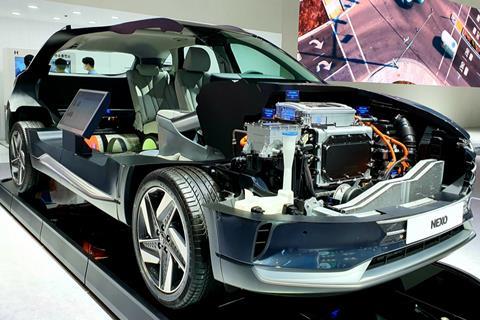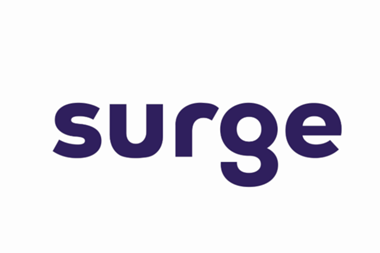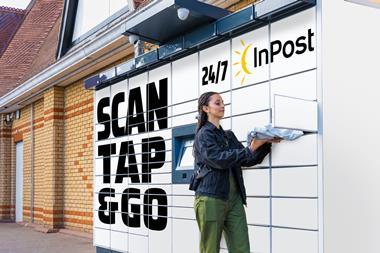
Hyundai Motor Company and Ineos have announced the signing of a memorandum of understanding to explore new opportunities to accelerate the global hydrogen economy.
Hyundai and Ineos will jointly investigate opportunities for the production and supply of hydrogen as well as the worldwide deployment of hydrogen applications and technologies. Both companies will initially seek to facilitate public and private sector projects focused on the development of a hydrogen value chain in Europe.
The agreement also includes the evaluation of Hyundai’s proprietary fuel cell system for the recently announced Ineos Grenadier 4x4 vehicle. The company said the cooperation represents an important step in Ineos’ efforts to diversify its powertrain options at an early stage.
A statement announcing the deal said Hyundai’s proprietary modular fuel cell system, which evaluation vehicles will use, has already proven reliable and effective in the Hyundai Nexo SUV. The world’s first dedicated hydrogen-powered SUV has the longest driving range among hydrogen-powered vehicles in the market.
It described Hyundai as one of the leading companies in the field of fuel cell technology having started the world’s first mass production of fuel cell electric vehicles in 2013.
“Ineos’ move into the development of a fuel cell electric vehicle and hydrogen eco-system marks yet another milestone towards sustainable and clean transportation,” said Saehoon Kim, senior vice president and head of Fuel Cell Center at Hyundai Motor Company. “Hyundai believes this will provide an important low-carbon option across a wide range of sectors. We also hope our decades-long expertise in hydrogen fuel cell work in synergy with Ineos’ expertise in field of chemistry to realise the mass production of green hydrogen and fuel cells for the Grenadier.”
Peter Williams technology director Ineos, said: “The agreement between Ineos and Hyundai presents both companies with new opportunities to extend a leading role in the clean hydrogen economy. Evaluating new production processes, technology and applications, combined with our existing capabilities puts us in a unique position to meet emerging demand for affordable, low-carbon energy sources and the needs of demanding 4x4 owners in the future.”
Ineos recently launched a new business to develop and build clean hydrogen capacity across Europe in support of the drive towards a zero-carbon future. The company currently produces 300,000 tons of hydrogen a year mainly as a by-product from its chemical manufacturing operations.
Through its subsidiary Inovyn, Ineos describes itself as Europe’s largest existing operator of electrolysis, the critical technology that uses renewable energy to produce hydrogen for power generation, transportation and industrial use. The company says its experience in storage and handling of hydrogen combined with its established know-how in electrolysis technology, puts it in a unique position to drive progress towards a carbon-free future based on hydrogen.
In 2018, Hyundai Motor Group announced its mid- to long-term roadmap, Fuel Cell Vision 2030, to increase annual production of hydrogen fuel cell systems to 700,000 units by 2030.

































No comments yet